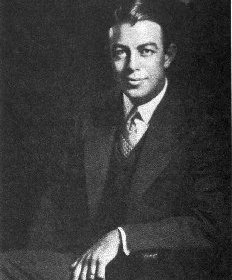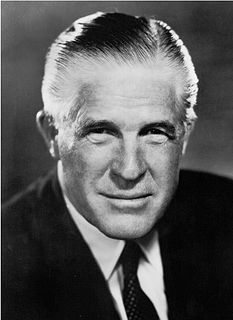A Quote by Benjamin Whorf
But in due course it became evident that not only a physical situation qua physics, but the meaning of that situation to people, was sometimes a factor, through the behavior of people, in the start of a fire.
Related Quotes
If you have a lawyer, sometimes you can get out of trouble. I've gotten into a lot of trouble because I didn't have a lawyer. I've also had some bad lawyers, too. But the good ones, the ones I liked, they became me. They became whatever situation I was involved in. When I felt pain, so did they. When I succeeded, so did they. They became me. They became whatever the situation was that they became involved with.
Physical objects are conceptually imported into the situation as convenient intermediaries not by definition in terms of experience, but simply as irreducible posits comparable, epistemologically, to the gods of Homer . . . For my part I do, qua lay physicist, believe in physical objects and not in Homer's gods; and I consider it a scientific error to believe otherwise. But in point of epistemological footing, the physical objects and the gods differ only in degree and not in kind. Both sorts of entities enter our conceptions only as cultural posits.
Surrendered people understand that they can’t always change a situation, especially when the door is shut. They don’t try to force it open. Instead, they pay attention to their own behavior, look at the situation at hand, and find a new, different, and creative way to get beyond the obstacles. They are comfortable with uncertainty.
There was an uncommon array of people in there [rehab] with me, and I became friends with all of them. You recognize the possibility of your own demise in the lives of these other people. You're doing the same thing they are, but you can't see it in yourself. However, you start seeing all of these tragedies and potential miracles in other people. It's a real eye- and heart-opening situation.
In one sense, the Stanford prison study is more like a Greek drama than a traditional experiment, in that we have humanity, represented by a bunch of good people, pitted against an evil-producing situation. The question is, does the goodness of the people overwhelm the bad situation, or does the bad situation overwhelm the good people?
Being a control freak makes us tense, stressed out, and unpleasant to be with. Surrendered people understand that they can't always change a situation, especially when the door is shut. They don't try to force it open. Instead, they pay attention to their own behavior, look at the situation at hand, and find a new, different, and creative way to get beyond the obstacles.
For me, it's never been an ego situation where I have been "I'm the boss; expletive you." It's always been a situation where someone comes to me and says "I can't tolerate working with you anymore" and I would admit sometimes I wouldn't blame them for that. But I also sometimes think I'm not that difficult to figure out. I don't really know what has driven people to be so angry and bitter - people like my old keyboard player Pogo, who I've known for such a long time. I feel bad for him, but there are grievances with everything.




































